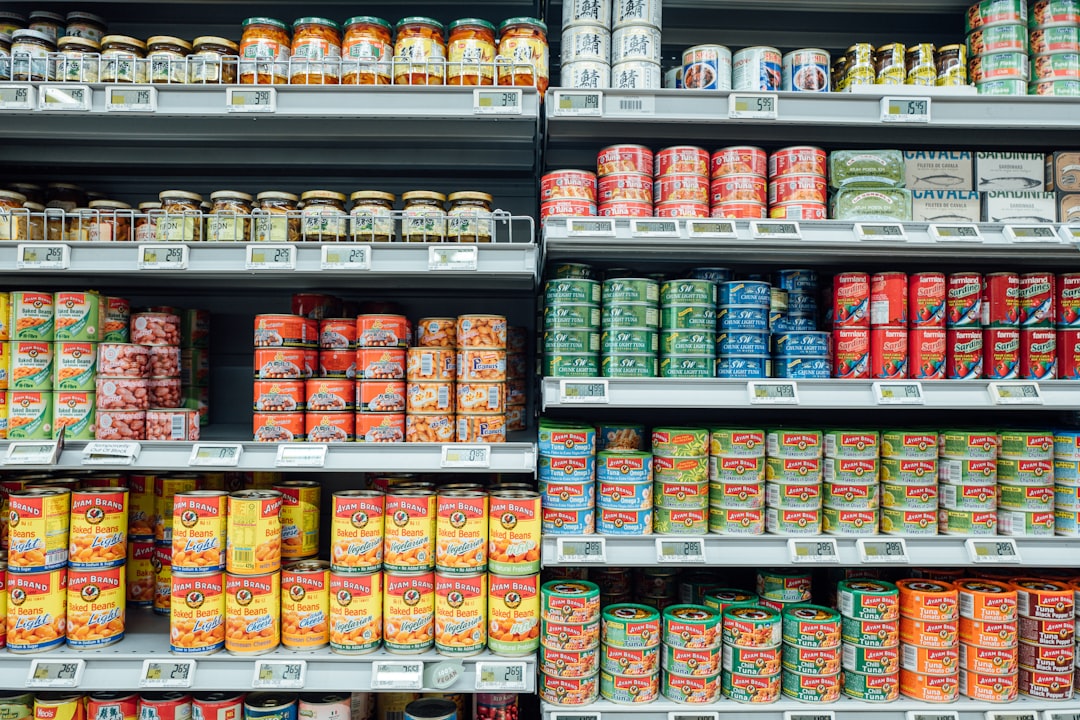Foods to Fight Inflammation
By NFLS
Foods to Fight Inflammation
Francesca Scerbo, owner of Balanced Nutrition in Naples, recommends an inflammation-lowering diet for all and offers a recipe to get started.
Understanding Inflammation: A Silent Threat

Inflammation, a natural bodily response to injury or infection, becomes problematic when it becomes chronic, low-grade, and persistent. This silent inflammation is linked to a host of serious health conditions, from heart disease and arthritis to diabetes and even certain cancers. While a brisk walk along the Gordon River Greenway or a relaxing afternoon at Naples Botanical Garden can contribute to overall wellness, dietary choices play a pivotal role in managing inflammation. In the vibrant culinary scene of Naples, with its abundance of fresh produce available at local markets and farmers’ stands, residents have ample opportunities to nourish their bodies and combat inflammation through mindful eating.
The Anti-Inflammatory Power Plate: What to Include
Scerbo emphasizes that an anti-inflammatory diet isn’t about eliminating entire food groups but rather focusing on nutrient-rich choices that actively support the body’s healing processes. Think vibrant colors, diverse textures, and a conscious effort to source the freshest ingredients possible – perhaps from a local farmer at the Mercato Shops farmers market.
Fruits and Vegetables: Nature’s Anti-Inflammatory Arsenal
Fruits and vegetables are the cornerstone of an anti-inflammatory diet. Their high antioxidant and phytonutrient content helps neutralize free radicals, the unstable molecules that contribute to inflammation. Berries (strawberries, blueberries, raspberries), cherries, leafy greens (kale, spinach), and colorful vegetables (bell peppers, broccoli, carrots) are particularly beneficial. Imagine a delicious salad inspired by the vibrant colors of the Naples Art District, bursting with these inflammation-fighting ingredients.
- Berries: Rich in anthocyanins, potent antioxidants with anti-inflammatory properties.
- Leafy Greens: Packed with vitamins, minerals, and antioxidants like lutein and zeaxanthin.
- Cruciferous Vegetables (Broccoli, Cauliflower, Brussels Sprouts): Contain sulforaphane, a compound with anti-inflammatory effects.
Healthy Fats: Fueling Your Body’s Healing Process
Contrary to popular belief, healthy fats are crucial for reducing inflammation. Instead of fearing fats, focus on incorporating sources rich in omega-3 fatty acids, known for their anti-inflammatory properties. These can be found in fatty fish (salmon, mackerel, tuna), flaxseeds, chia seeds, and walnuts. Enjoy a delicious grilled salmon dinner after a relaxing day on Vanderbilt Beach Road, knowing you are nourishing your body with these beneficial fats.
- Fatty Fish: Excellent source of EPA and DHA omega-3 fatty acids.
- Avocados: Rich in monounsaturated fats and antioxidants.
- Nuts and Seeds: Provide omega-3s and other beneficial nutrients.
Whole Grains: The Foundation of a Balanced Diet
Refined grains are often associated with increased inflammation, while whole grains offer a wealth of fiber and nutrients that support gut health, which is closely linked to overall inflammation levels. Choose whole grains like brown rice, quinoa, oats, and whole-wheat bread. Enjoy a hearty bowl of oatmeal after a morning stroll along Fifth Avenue South, fueling your body with sustained energy and beneficial fiber.
- Brown Rice: A good source of fiber and magnesium.
- Quinoa: A complete protein and rich in fiber.
- Oats: High in soluble fiber, which helps regulate blood sugar levels.
Lean Protein: Building Blocks for Repair
Lean protein sources are essential for tissue repair and overall body function. Choose lean meats (chicken, turkey, fish), legumes (beans, lentils), and tofu. Enjoy a healthy lunch at a restaurant on Third Street South, making conscious choices regarding lean protein sources.
- Chicken Breast: A lean source of protein, low in fat.
- Fish: Excellent source of protein and omega-3 fatty acids.
- Lentils: A plant-based protein source, rich in fiber.
Foods to Limit or Avoid
While focusing on anti-inflammatory foods is key, it’s equally important to minimize the consumption of foods that can contribute to inflammation. This doesn’t necessarily mean complete elimination, but rather mindful moderation.
- Processed Foods: High in unhealthy fats, sodium, and additives.
- Sugar-Sweetened Beverages: Contribute to weight gain and insulin resistance, both linked to inflammation.
- Red and Processed Meats: Associated with increased inflammation risk.
- Refined Carbohydrates: Quickly digested and can spike blood sugar levels.
Recipe: Anti-Inflammatory Salmon with Roasted Vegetables
This recipe, inspired by the fresh ingredients available in Collier County, is a delicious and easy way to incorporate anti-inflammatory foods into your diet.
Ingredients:
- 1 lb salmon fillet
- 1 red bell pepper, chopped
- 1 yellow bell pepper, chopped
- 1 cup broccoli florets
- 1 tbsp olive oil
- Salt and pepper to taste
- Fresh herbs (rosemary, thyme) – optional
Instructions:
- Preheat oven to 400°F (200°C).
- Toss bell peppers and broccoli with olive oil, salt, pepper, and herbs (if using).
- Spread vegetables on a baking sheet.
- Place salmon fillet on the same baking sheet.
- Bake for 15-20 minutes, or until salmon is cooked through and vegetables are tender.
Making Changes in Naples
Incorporating these changes doesn’t require a drastic overhaul of your lifestyle. A small change, like swapping your usual afternoon snack for a handful of berries, or choosing a lean protein for dinner, can make a noticeable difference. Imagine enjoying a healthy lunch at a cafe on the FAU campus, incorporating these healthy changes into your daily routine.
Consider visiting Tin City for fresh seafood or strolling through the Naples Botanical Garden for inspiration before preparing a meal. The abundant resources and stunning natural settings of Naples provide ample opportunities to adopt a healthier, more vibrant lifestyle.
FAQs
Frequently Asked Questions
Want more Naples updates? Subscribe to our newsletter and never miss local news.